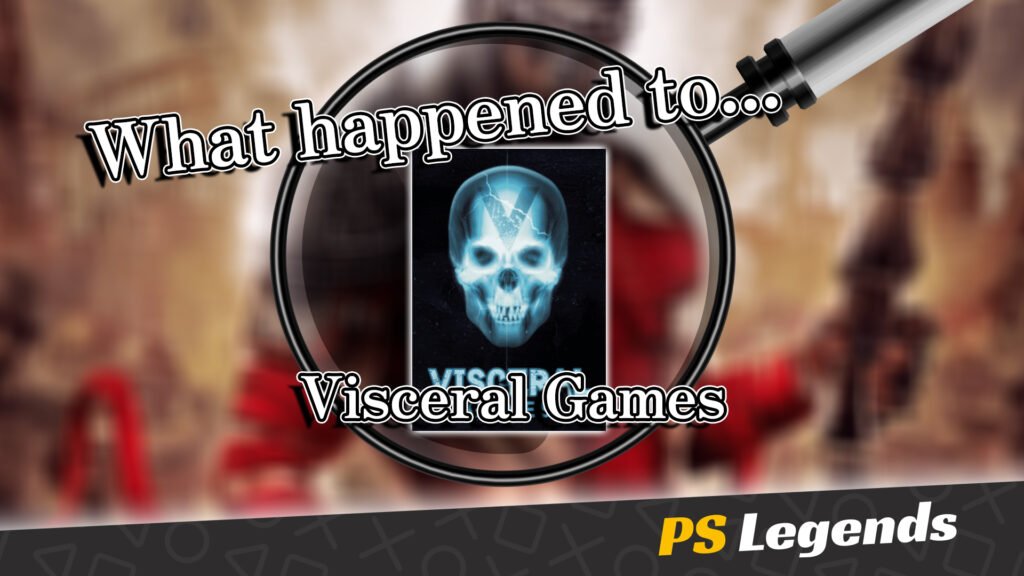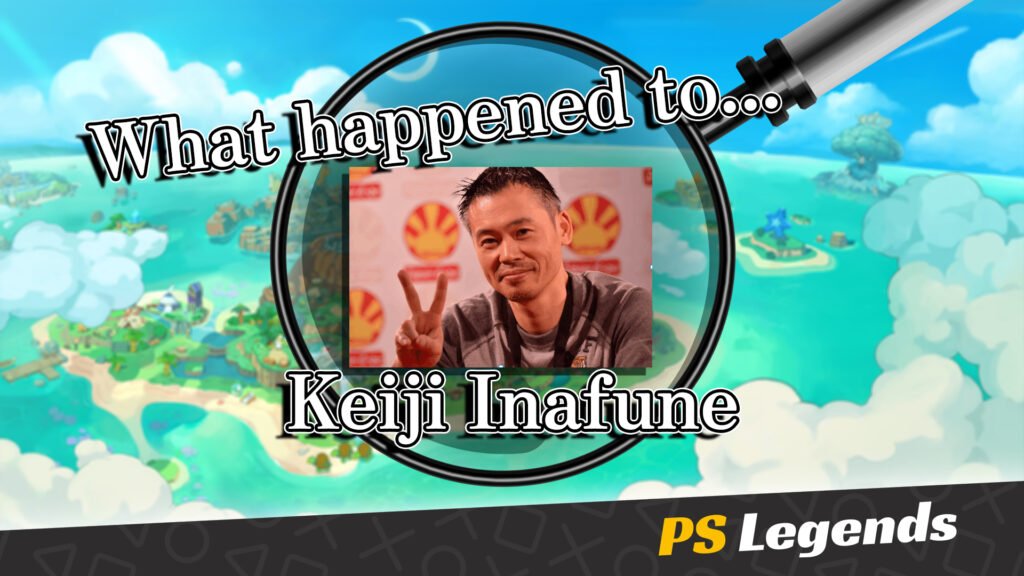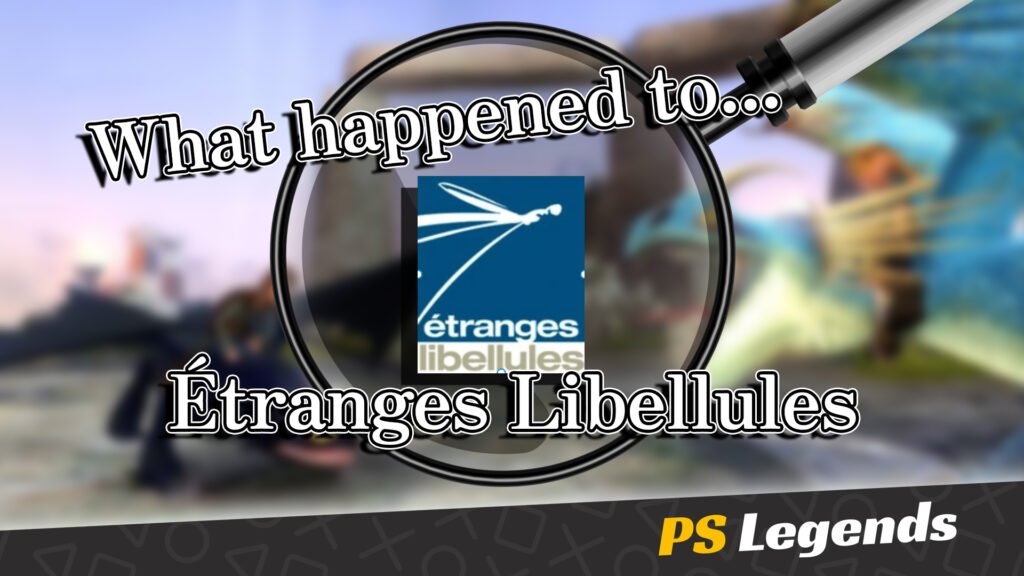Identity Crisis
Visceral Games, formerly known as EA Redwood Shores, was an American video game developer studio owned by Electronic Arts. In 1998, Electronic Arts moved from San Mateo, California to a new corporate headquarters building which they had constructed in Redwood Shores, California. In this move, they founded a new division at this location, named EA Redwood Shores, which operated under the general ‘EA Games’ brand.
EA Redwood Shores’s first game was Future Cop: LAPD, released in 1998. Subsequent games through 2008 were generally licensed tie-ins with movies and other properties, including the regular Tiger Woods PGA Golf games. According to designers Ben Wanat and Wright Bagwell, EA had not been keen on producing original intellectual property (IP) during this time, but the studio was pursuing an idea of making a second sequel to System Shock, and Vice President and General Manager Glen Schofield had been trying to coax EA’s executives to let them pursue this.
While they had some gameplay and ideas set in place for the new System Shock game, the project would evolve upon the release of Capcom’s Resident Evil 4 in 2005, which received high critical praise and commercial success. According to Wanat and Bagwell, not only did Resident Evil 4 alter their ideas for the System Shock game, but it also helped Schofield to convince EA’s management to let them pursue a new title. This new game would become the critical success that is Dead Space.
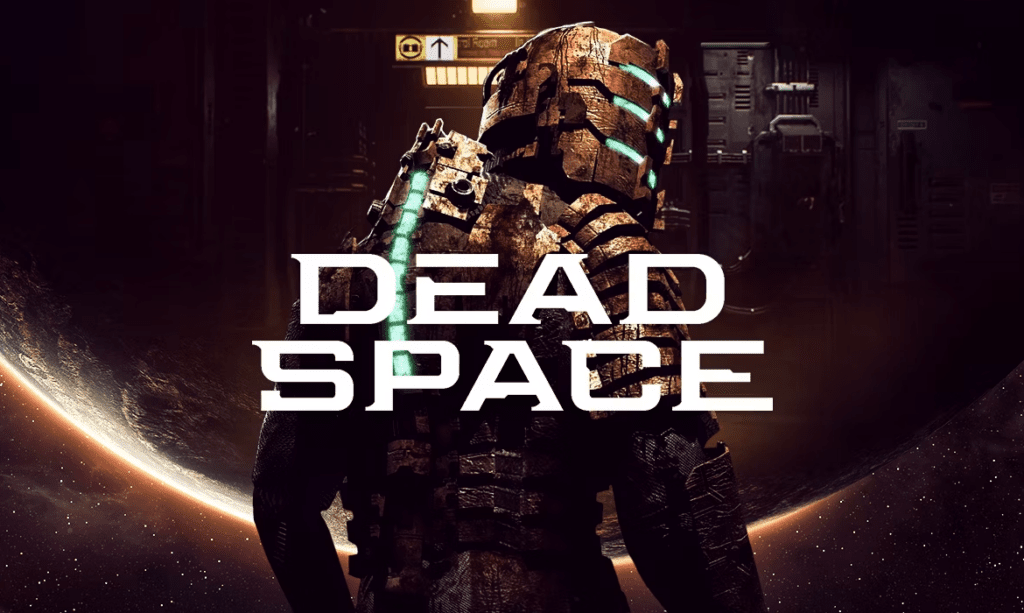
A Taste For Horror
Dead Space was a hit for the team, leading the studio to be rebranded as ‘Visceral Games’ in 2009. Along with this, the studio was moved out from EA Games and became its own division under EA, being the first “genre” studio within the company, with the focus of developing third-person action games in the same vein as Dead Space. Alongside the rebranding, two sister studios, Visceral Montreal in Montreal, Quebec, and Visceral Melbourne in Melbourne, Australia were established.
Alongside its work for Dante’s Inferno, inspired by the Divine Comedy, Visceral had announced plans in 2009 for a title called The Ripper, which was inspired by Jack the Ripper. The Ripper was confirmed to have been cancelled, potentially as early as 2009, but industry rumours suggested that a spin-off of the title, Blood Dust, had been at work at the Visceral Melbourne studio before the project was cancelled. The Visceral Melbourne studio was closed down on September 19th, 2011.
On its release in 2010, Dante’s Inferno received mixed reviews, and the studio subsequently returned to Dead Space with its sequel, Dead Space 2, released in 2011. The sequel received similar critical success to its predecessor, but in 2017, it was revealed that the game was considered a financial disappointment with EA. Former level design Zach Wilson estimated that with development costs at around $47M and an equivalent marketing budget, EA did not recoup enough costs on 4 million in sales.

The Struggle To Stay Relevant
Visceral continued working on the next title, Dead Space 3, which they wanted to make in the same vein as the first title, but according to Wanat, there was concern from EA about this approach. Among other significant changes, the team introduced co-operative play into the game. Wanat described that there was pressure to make the gameplay faster and appeal to a broader audience, an approach that was at odds with the roots of a series in the horror genre.
Though the game still received generally positive reviews on its release in 2013, it sold far less than Dead Space 2. EA’s VP Patrick Söderlund said in a July 2013 interview following Dead Space 3’s release, while they still valued the franchise, Visceral was not working on a fourth title, and instead had been assigned to two new projects.
Visceral had also been developing Army of Two: The Devil’s Cartel with the Visceral Montreal studio. Upon its completion, EA closed Visceral Montreal on February 21st, 2013. One of the two projects that Visceral started working on in 2013 was Battlefield Hardline, variation of the previous Battlefield games. A smaller team then started working on a project called Jamaica, a pirate-themed game.
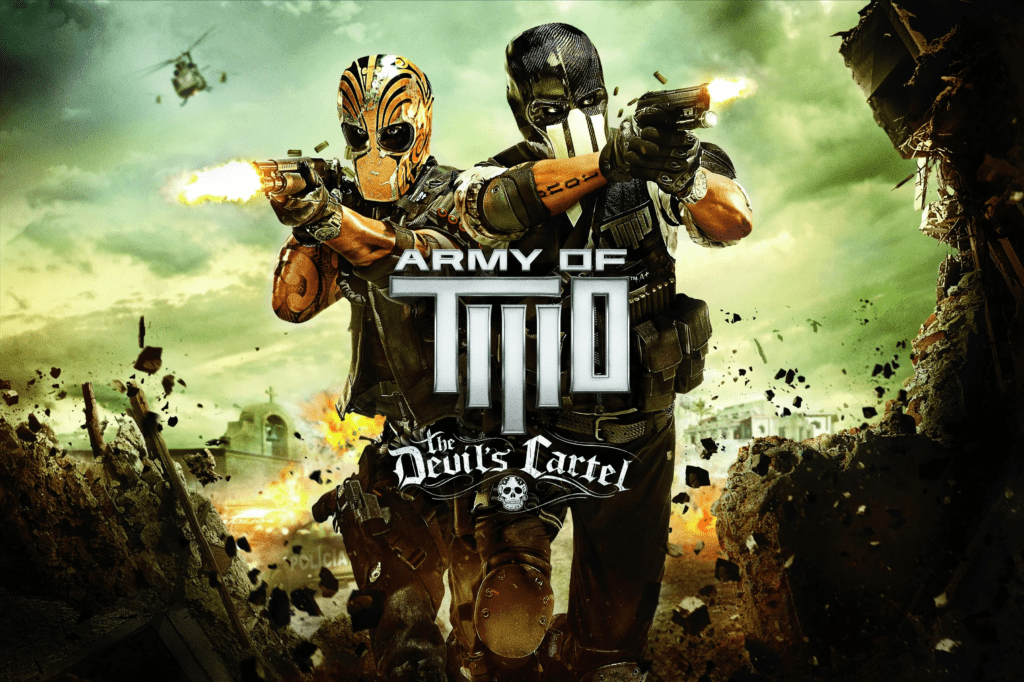
Project Ragtag
In early 2013, Disney had acquired Lucasfilm and shut down its game development studio LucasArts. EA quickly made a deal to help develop lucrative Star Wars games through three of its studios, including Visceral. Furthermore, Ubisoft had announced Assassin’s Creed IV: Black Flag, which also was based on a pirate theme which pushed EA to cancel Jamaica in favour of a Star Wars game.
The studio opted to pitch a third-person action game that maintained the spirit of Jamaica, having players play as “space scoundrels” in an open-world-style Star Wars universe, naming the project ‘Yuma’. Amy Hennig, the writer for the first three Uncharted games from Naughty Dog, was brought into EA for Visceral as creative lead and to help write the story for Yuma. Hennig changed the concept, making it about a large-scale heist and renaming it ‘Ragtag’.
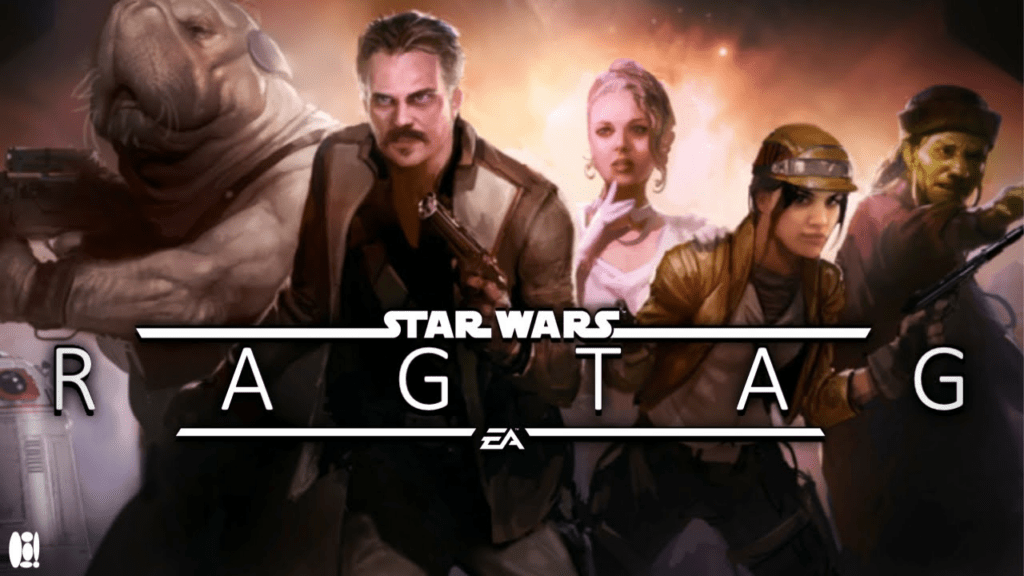
EA made the decision to close down Visceral on October 17th, 2017, and an undisclosed number of staff were transferred to other studios. EA reassigned the Star Wars game to its EA Worldwide Studios, led by EA Vancouver, and said they will revamp the gameplay. The closure of Visceral was seen as a sign of the waning interest in publishers releasing games that are strictly single player, as many of Visceral’s games had been.
EA’s CEO Andrew Wilson stated that the reason for Visceral’s closure wasn’t a single-player versus multiplayer game issue, but instead one based on listening to player feedback and following marketplace trends. The company felt that the current design of Ragtag wasn’t fitting these changes and that the closure of Visceral and reassignment to another studio was because “we needed to pivot the design”.
Ultimately, EA cancelled Ragtag after numerous design changes, and Hennig would quit in January 2018. In 2023, following the expiration of Electronic Arts’ exclusivity deal with Lucasfilm for Star Wars games, Ubisoft announced Star Wars Outlaws, which drew comparisons to Ragtag, now developed by Massive Entertainment.

